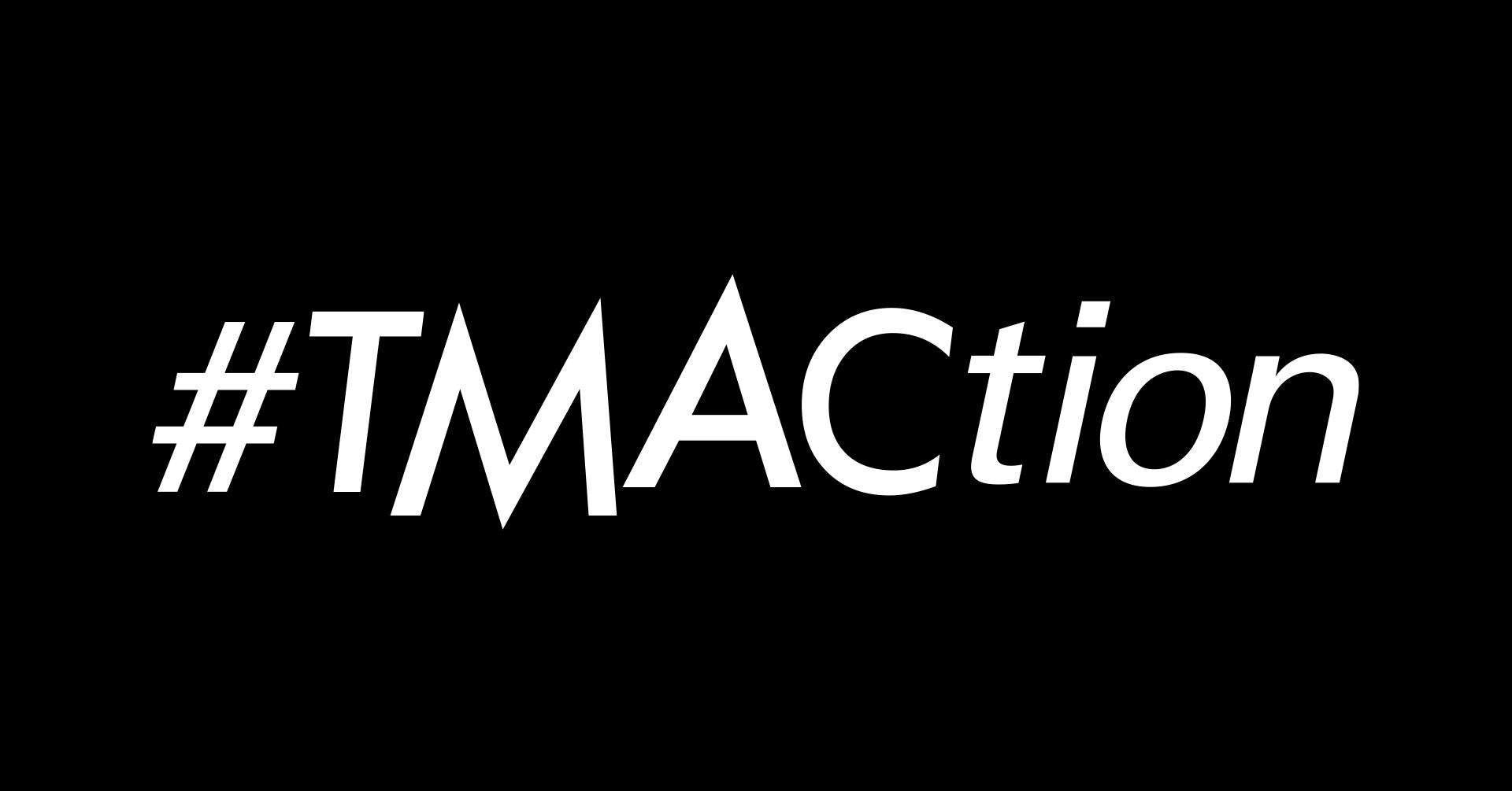
The City of Toronto Defends The Current REOI Process
The City has sent a response to our previous from July 19, 2022.
Representatives from Economic Development and Culture responded to our requests for greater transparency and accountability by saying outstanding questions have no bearing on the REOI process.
Here is their response to our previous e-mail from July 19, 2022:
Hi Henry
I’m following up for Anthea as she’s away on vacation. Please see the response to your questions below.
Thanks Mojan
Through the REOI process, the City will be able to assess Applicants’ finances and capability to take on capital fit up and improvements to the property. The Tenant will need to assess what is needed to complete the HVAC system for the theatre space. We are encouraging applicants to propose unique non-traditional approaches to this space. We will continue to work with the Successful Applicant to assess the needs for and a phased approach to fit up of this space. The Geothermal assets were sold to Enwave in the insolvency. The City is in the process of determining the exact operating costs for the Property with the Condo Board, however the range will be approximately $12,000 – 16,000 per month. Applicants should base their applications on the costing provided in the REOI. The information provided by Applicants should outline their organization’s financial capacity to take on the capital and operating costs as outlined in the REOI, which will also help to assess the Successful Applicant’s ability to take on any future capital or operating costs.
The information from the Building Conditions Assessment has been provided in the REOI (summarized in Appendix C; and additional fit up work summarized in Appendix A). Since the flooding issues have been brought to our attention, the City will assess these issues to determine scope and cost of work. Since these are issues to the envelop of the property, the City will work with the future Tenant to address any issues. AODA assessment will be completed after a Successful Applicant has been determined and their proposed future uses in the space have been confirmed. The City will work on addressing external accessibility issues where and to the best extent possible. These works will need to be scheduled with various City departments and through their work plans. Some may take longer and the City will work with the future Tenant to use the space in the meantime while these accessibility items are addressed. This will not impact the REOI process.
The feedback gathered from the community consultation has and continues to inform the vision for the Property, specifically that the space should be: a state of the art media facility, to support the community and provide access to space for the sector inclusive, accessible and safe; and open to the public and community dedicated to the arts and new media, which is underrepresented in Toronto’s cultural spaces
With regards to process, the REOI has been set up as a two-stage process to identify a long-term tenant for the Property. Interested applicants will only need to provide a high-level overview for the first phase, using the information provided in the REOI. Detailed business plans will be developed during phase two of the application process, at which point applicants can complete detailed / additional assessments related to their proposed use for the space. Based on feedback received, the City has already extended the deadlines for both phases of the REOI process by an additional 3 weeks. The City will consider further extensions to the deadline for the second phase of the process, should prospective applicants require additional time to finalize their detailed business plans.
TMAC feels the City’s current approach to the REOI, and its stated goals to find a successful long-term operator for a media arts hub at the arts and culture space at 32 Lisgar, are at odds with each other:
- Only through TMAC’s knowledge of operating the space were we able to now confirm that a tenant is expected to budget an additional $12,000 - $16,000/month above the estimated operating costs presented by the City.
- Although seeking “unique and non-traditional” approaches to utilizing the theatre space, it is still a prerequisite of the REOI, requiring serious consideration for even an introductory business plan. The fact that the costs and engineering requirements to complete even basic HVAC service are still unknown to any potential operator, not to mention the City itself, impacts partnerships, business, and programming plans alike..
- The City’s responded that the arts hub must be “inclusive, accessible and safe”, but acknowledges there is significant coordination with City departments and unknown costs in achieving this. This, again, significantly impacts partnerships and plans for orgs.
- The City is asking for a demonstration of financial capacity while clearly telegraphing they’ll be looking for REOIs that significantly surpass their suggested requirements because of all of the cost unknowns. This is simply not operating in a clear or transparent manner.
TMAC asks the City to take the necessary time to understand the costs and challenges associated with the City-owned property. This is imperative for the community to understand the true financial requirements to operate this community-focused, not-for-profit media arts facility.
Given the rarity of this opportunity for a purpose-built facility to be activated by the community, the community itself should drive the timeline for the application process, allowing for the development of strong partnerships and a feasible operating plan.